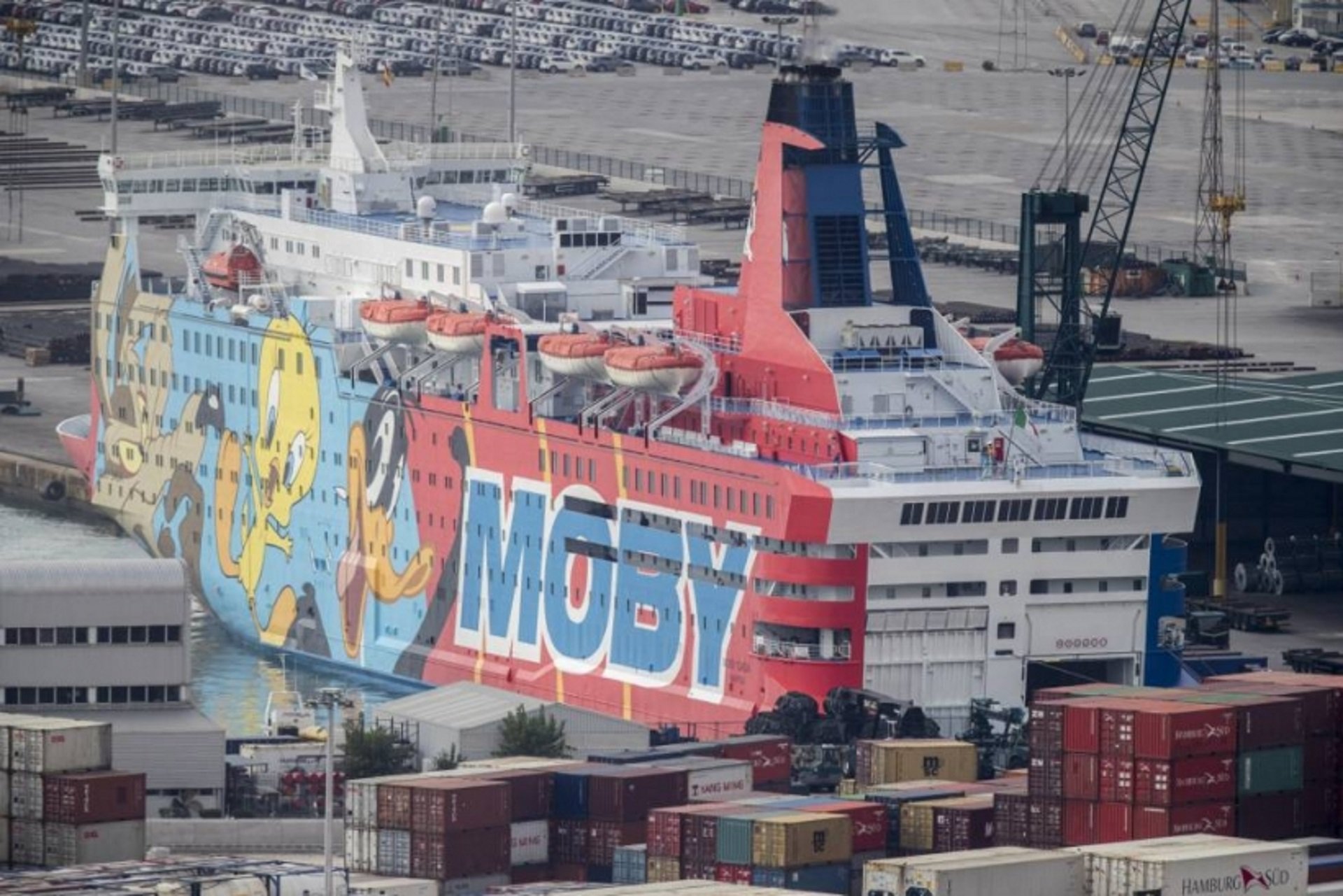Spain's Interior Minister, Juan Ignacio Zoido, has this Thursday revealed the "disloyal attack" by Carles Puigdemont's government on the Spanish Constitution and Catalan Statute of Autonomy, "with egregious disobedience" and with the "absolute passivity" of the Mossos d'Esquadra (Catalan police) around the 1st October referendum, cost approximately 87 million euros (£77 million, $107 million). This came from deploying some 4,500 agents from Spain's National Police Corps and Civil Guard, rising to 6,000 with reinforcements on three days.
Zoido revealed to the Senate's Interior Commission that the presence of these units in Catalonia as part of "Operation Copernicus", deployed between September and December, totalled an approximate expenditure of 87 million euros between accommodation, maintenance, travel, expenses and bonuses. The minister said the episode cost an additional 1,000 million euros (£880 million, $1.2 billion) due to the "impact of the [economic] deceleration" on Catalonia.
Stable presence: 4,500 units
"Numerous resources of the Civil Guard and [Spanish] National Police travelled to Catalonia, commissioned in that autonomous community. The number isn't exact", said Zoido, "because they weren't all always there or at the same time, but the most stable presence was formed of some 4,500 people". According to the secretary, during three days (30th September, 1st and 2nd September) this reached 6,000 agents.
Zoido described the total of 87 million euros in direct expenses for the referendum as "very significant". "Another high cost", he said, "that we, the Spanish people, have to pay due to the irresponsibility and stubbornness of the separatist government of Catalonia".
"A cost which we have to add to the thousand million euros which the Economy ministry calculates the impact as being of the deceleration of four or five tenths in the growth of Catalan GDP and the 35% fall in hotel reservations," said the minister.
Moreover, he justified the unprecedented deployment by the need to fulfil judicial mandates. He included in this the Mossos d'Esquadra, whose actions he has questioned. The deployment was maintained even after the 1st October referendum when "episodes of harassment" against police agents and their relatives took place.
In his speech he admitted the nuisance over the "controversial" engagement of cruise ships in the search for "secure or easily protected accommodation, which could be occupied quickly, but for a prolonged period, although without being able to specify how long and without being able to book very far in advance".
Continuing to adopt measures
The Interior minister said that between the thousands of police from elsewhere in Spain, and the 6,000 agents always stationed in Catalonia, whose holidays and days off were cancelled, they carried out a "permanent guard" of buildings belonging to the Civil Guard and National Police, to the central government's delegation to Catalonia and its sub-delegations, as well as of "the headquarters of the threatened political parties".
Other recipients of special protection were the High Court of Justice of Catalonia, the Ciutat de la Justícia ("city of Justice"), branches of the Tax Agency, the Bank of Spain and "certain critical infrastructure". "They also carried out sporadic security and protection services for sensitive installations and people", Zoido revealed.
Zoido had a final message for the senators: "This government is ready to continue adopting, with of course the support of all those groups who share our deep worry, all the measures set out in the Constitution which are necessary to keep the law and maintain democratic and institutional normality in Catalonia. And so that all Catalans, whatever they think, have their security, their rights and their freedoms guaranteed."

